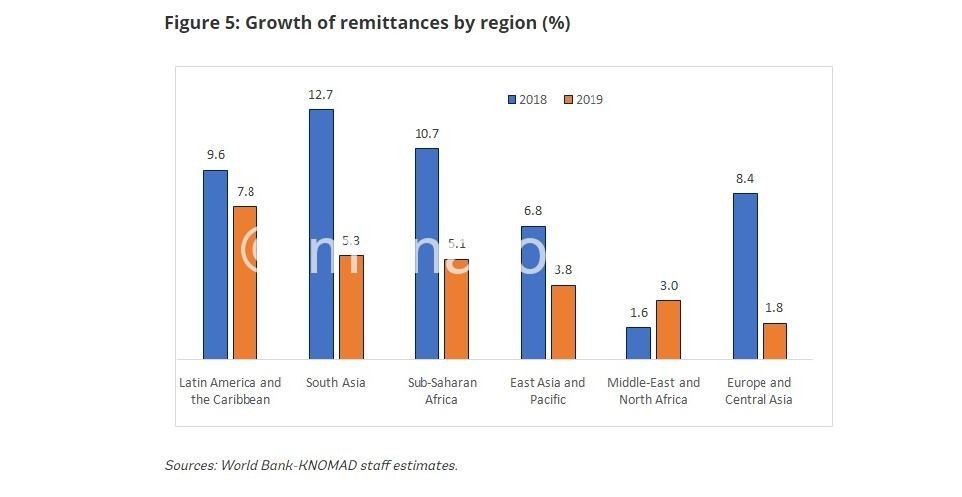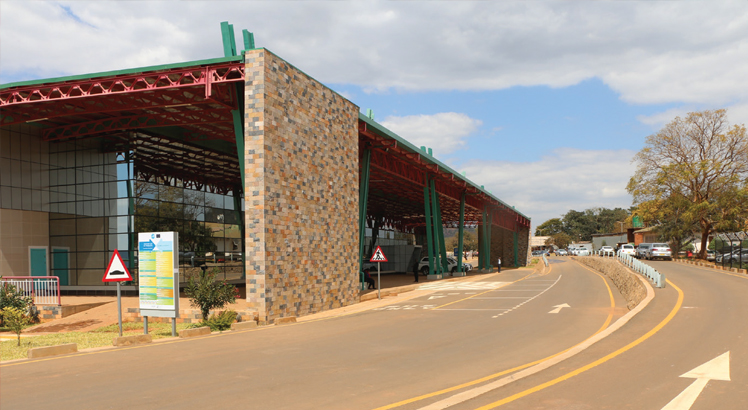Malawi remittances jump, now at $235m
Malawi has earned $235 million (about K196 billion) in remittance through Money Transfer Operators and Foreign Currency Denominated Accounts in 11 month period to November, Reserve Bank of Malawi (RBM) figures show.
The 11-month figure is nearly twice the $186 million (K137 billion) the country received last year through remittances.

Malawi, like many other countries in Africa benefits a lot from remittances as the money is tapped to raise the much-needed development financing.
In fact, remittances make up a significant source of financing on the continent, supporting families and driving investment.
RBM spokesperson Mbane Ngwira said in an interview on Tuesday said Malawi has been on a vigorous drive to increase remittance payments to Malawi for various reasons, among others, to bolster reserves.
He said the bank targeted remittances at $250 million (about K185 billion) this year and is positive on reaching and even surpassing the target.
“We normally receive more remittances in December, therefore, we could exceed the $250 million the target. We have a credible system in place coupled with stability of the currency and picking up of the economy. This should give Malawians in the diaspora confidence to invest in the country,” he said.
Financial analysts believe that since remittance receivers often have a higher propensity to own a bank account, they promote access to financial services for the sender and recipient, an aspect that promotes economic development.
On the other hand, international trade experts contend that remittances are playing an increasingly large role in the economies of many countries worldwide by contributing to economic growth and helping livelihoods of less prosperous people.
Earlier, economic statistician Alick Nyasulu said what is critical is how these funds are channeled into investment.
He noted that most of these funds are chanelled twards supporting family and do not go into huge investments.
“Such funds will continue to go into small scattered small investments where government will not get any taxes but other than that, this is a good development,” he said.
The rise in remittances is similar in other African countries as World Bank figures show that remittances to sub-Saharan Africa grew to$37.8 billion in 2017, around $39.2 billion in 2018 and $39.6 billion in 2019.
Since 2010, international migrant population numbers from Africa have grown significantly such that eight in 10 of the fastest-growing migrant populations are from African nations, according to a Pew Research Center analysis of the latest United Nations (UN) data on the number of people living outside their country of birth. Meanwhile, the UN specialised agency for postal sector has announced plans to lower the cost of remittances flowing into the Malawi and the rest of the continent.





